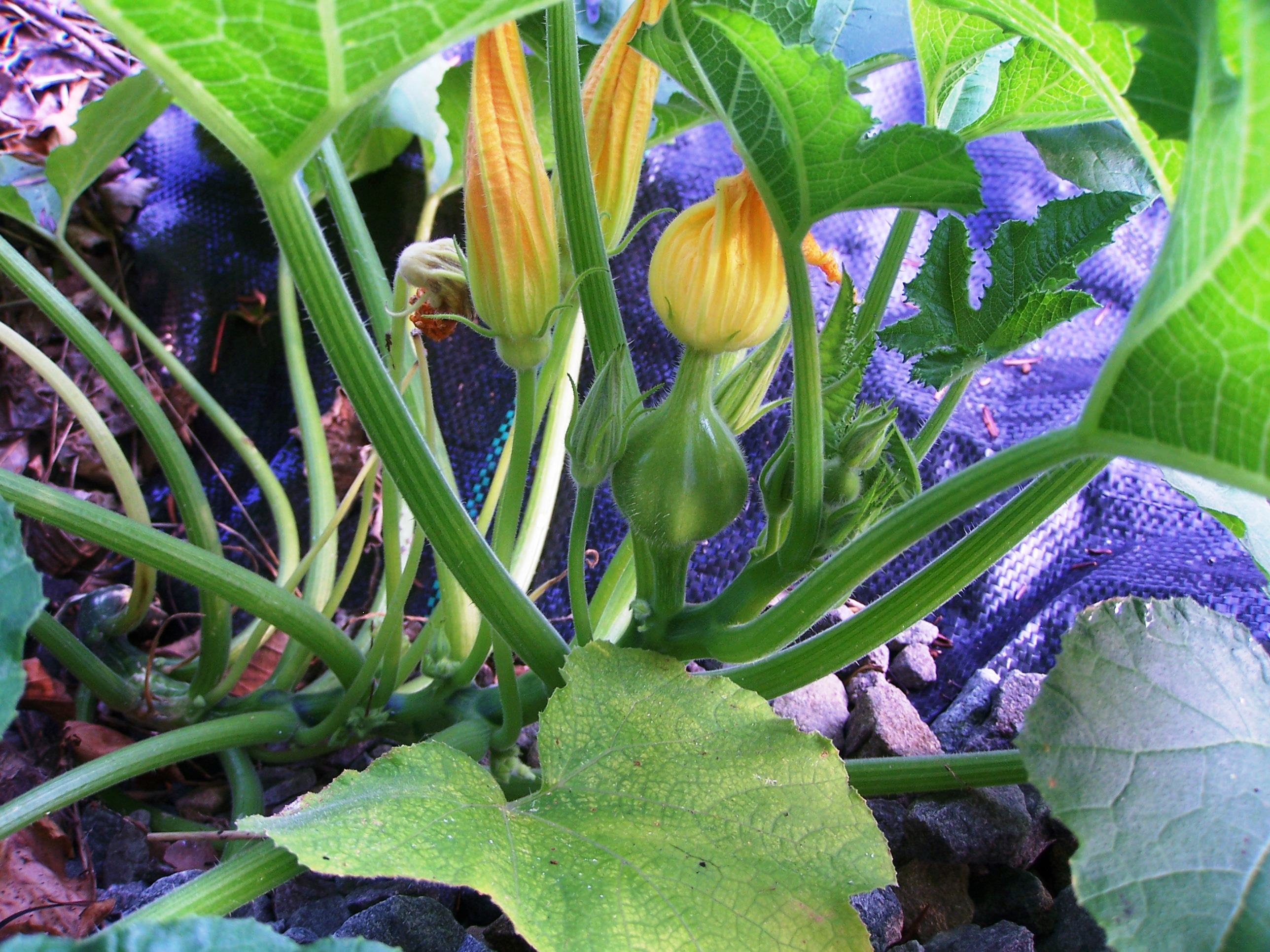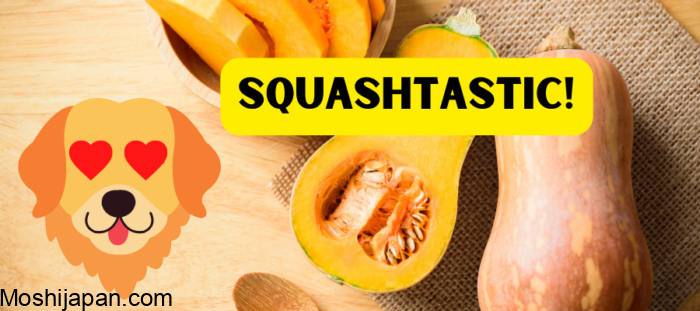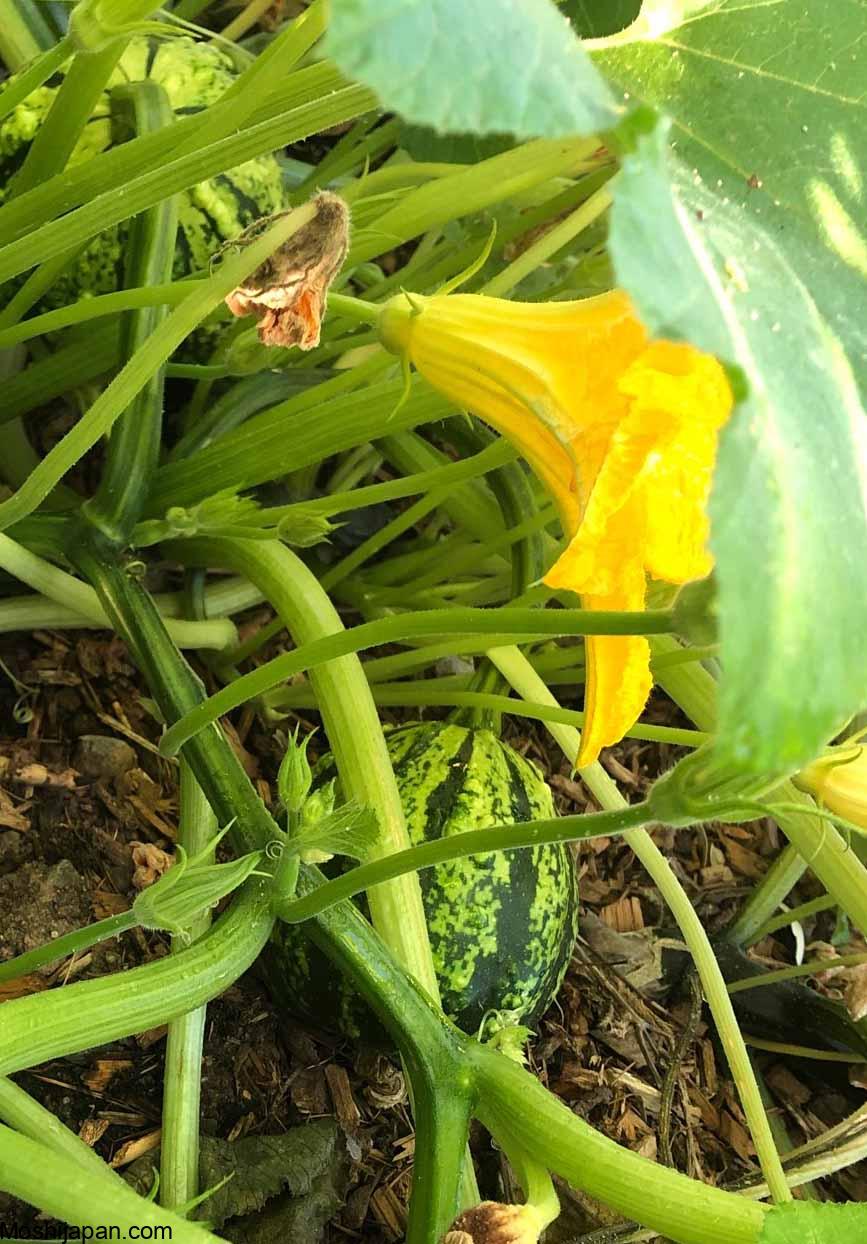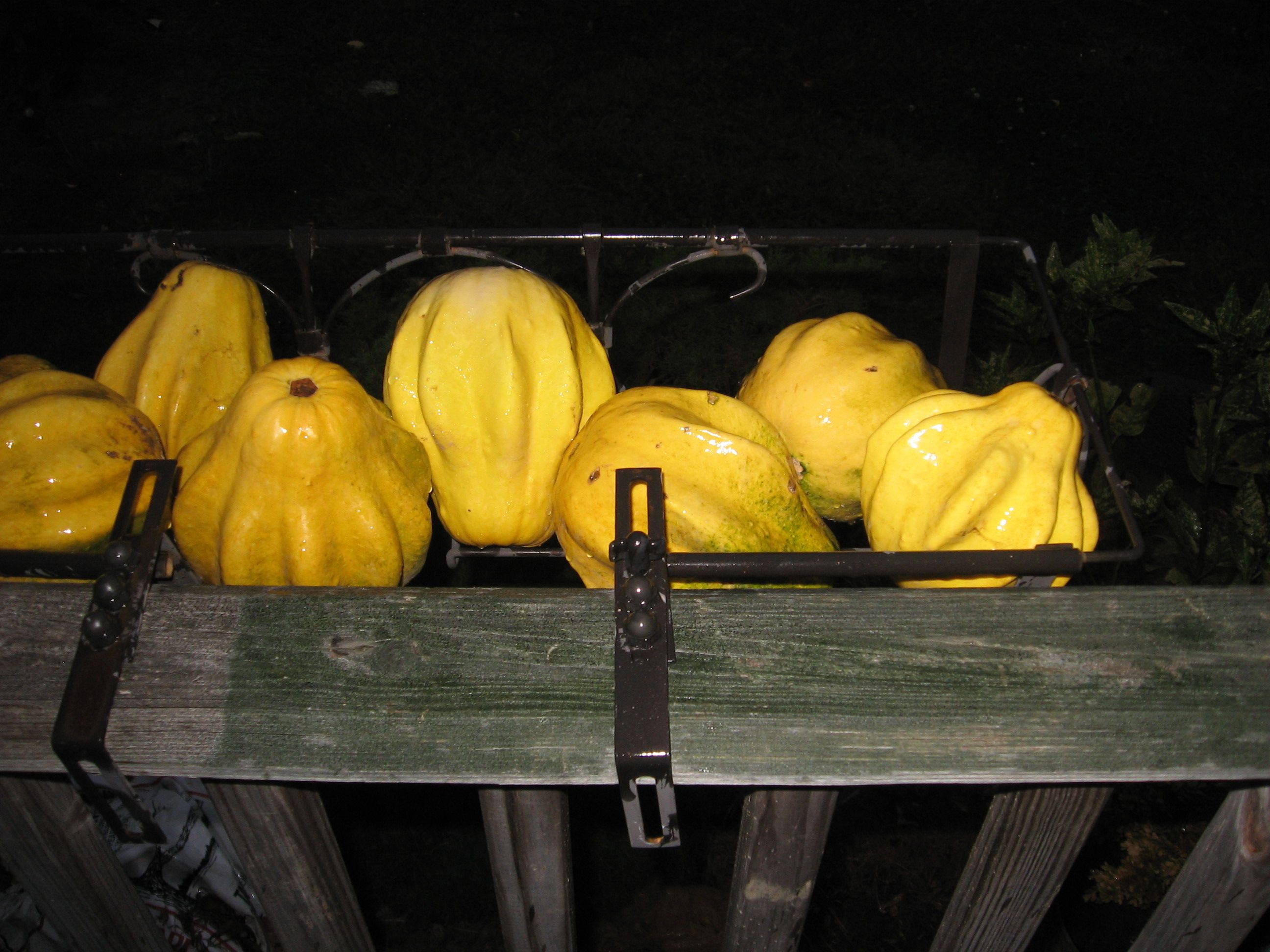Are Volunteer Squash Safe to Eat?
When it comes to the world of gardening and homegrown produce, volunteer plants can often be a pleasant surprise. These are plants that grow from seeds that were not intentionally sown, but rather sprouted from the natural dispersal of seeds from previous crops. In the case of squash, volunteer plants can sometimes appear in unexpected places, adding a touch of spontaneity to your garden. However, a common question that arises is whether these volunteer squash are safe to consume. In this article, we will delve into this intriguing topic and provide you with the information you need to make an informed decision.
The Nature of Volunteer Squash

Volunteer squash plants emerge from seeds that have fallen from mature squash fruits in previous seasons. They can appear in various locations, including compost piles, garden edges, or even within other plant beds. While it might be tempting to nurture these unexpected additions to your garden, it’s essential to exercise caution, especially when it comes to consumption.
Potential Risks and Concerns

Contamination Risks
One primary concern with volunteer squash is the potential for contamination. These plants may grow in soil that has not been properly prepared or tested for pollutants or harmful substances. This can lead to the accumulation of toxins within the plant, making it unsafe for consumption.
Cross-Pollination
Another factor to consider is the possibility of cross-pollination. Volunteer squash plants may crossbreed with other plants in your garden, potentially leading to undesirable traits or even inedible fruits.
Pest and Disease Control
Volunteer plants are not subject to the same level of care and attention as intentionally cultivated crops. This lack of oversight can make them more susceptible to pests and diseases, which could pose risks to both the plant itself and those who consume its produce.
Safety Measures

If you find yourself with volunteer squash in your garden and are considering whether to include them in your meals, there are steps you can take to minimize risks:
Soil Testing
Before harvesting any produce from volunteer plants, it’s crucial to have your soil tested for contaminants. This will provide you with valuable information about the safety of consuming the fruits.
Isolation
Consider isolating volunteer squash plants to reduce the risk of cross-pollination with other crops. This can help maintain the integrity of the original plant’s genetic makeup.
Vigilant Inspection
Regularly inspect the plants for signs of pests or diseases. Prompt action can help prevent the spread of any issues and ensure a healthier harvest.
FAQs

Q: Can I use volunteer squash seeds for future plantings?
A: While it’s possible, it’s recommended to exercise caution. Volunteer plants may have undergone cross-pollination, leading to unpredictable traits in future generations.
Q: Are there any visual indicators of contamination in volunteer squash?
A: Unfortunately, there are no specific visual cues for contamination. This is why soil testing is a crucial step in ensuring safety.
Q: What are the potential benefits of allowing volunteer squash to grow?
A: Volunteer plants can add an element of surprise and diversity to your garden. They can also serve as a valuable lesson in the resilience of nature.
Q: Is there a specific time frame in which volunteer squash are safe to consume?
A: It’s recommended to exercise caution throughout the entire growing process. Regular monitoring and soil testing are key to ensuring safety.
tag
- chicken feed
- how to Keep Chickens Off Your Porch
- How to grow oyster mushrooms at home
- Growing Kale in Pots



0 Comments